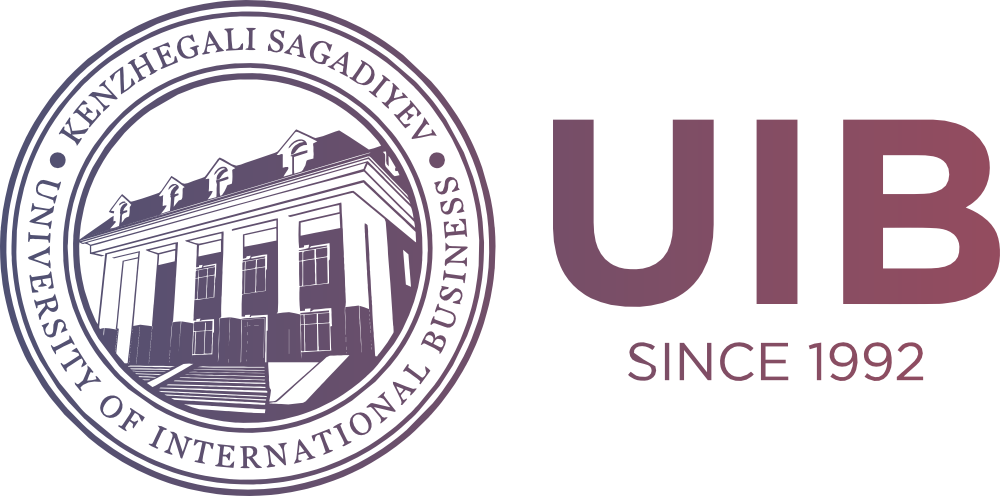Pro-Environmental Behavior and Household Waste Sorting in Kazakhstan: an Empirical Analysis
DOI:
https://doi.org/10.47703/ejebs.v1i67.186Keywords:
Pro-environmental Behavior, Waste Sorting, Waste Management, Circular Economy, KazakhstanAbstract
Climate change, deterioration of nature, pollution - all these have led to the fact that ecological behaviour has become a necessity for the conservation of nature and its resources. Pro-environmental behaviour is one of the most important factors for sustainable development. Thus, from year to year, pro-environmental behaviour becomes an important subject of discussion for many scientists and government bodies. The purpose of this study is to determine the level of pro-environmental behaviour among the population in household waste sorting and to identify the state of development of infrastructure for the disposal of household waste in the settlements of Kazakhstan. The methodology includes an Internet survey, which was conducted among the population of Kazakhstan aged 18 years and older. The survey involved 2264 respondents. Research results show that 3 out of 5 hypotheses that we assumed turned out to be positive. Thus, statistical analyses showed the following results: Pro-environmental behaviour and waste management mostly depend on - 1) the gender of the respondents, 2) the level of education of the respondents, and 3) the type of settlements of the respondents. Also, the sorting of household waste has a negative connection with the age and marital status of the respondents. Based on these results, it can be assumed that pro-environmental behaviour can be affected by gender, level of education, and the type of settlement. Policymakers should pay attention and give support at all levels like infrastructure, education, etc.
Downloads
How to Cite
Downloads
Published
Issue
Section
License

This work is licensed under a Creative Commons Attribution 4.0 International License.
Authors retain copyright and grant the journal right of first publication with the work simultaneously licensed under a Creative Commons Attribution (CC-BY) 4.0 License that allows others to share the work with an acknowledgment of the work’s authorship and initial publication in this journal.


